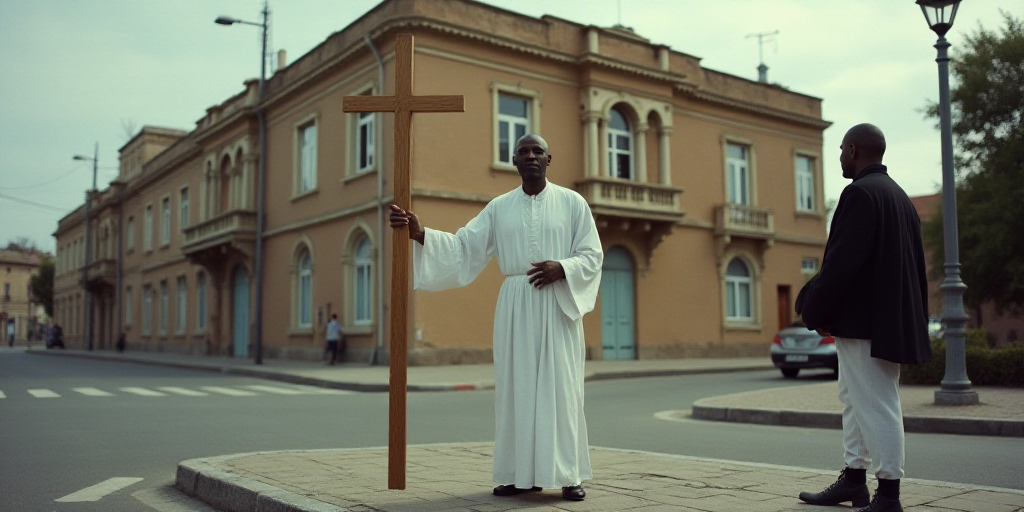Introduction to the Papacy
Following the passing of Pope Francis on Monday, cardinals will convene in a conclave to elect his successor. Here are the primary responsibilities of the Catholic Church’s leader:
Leading the Church
The term “pope” originates from the Greek “pappas,” meaning “father, patriarch.” This is why the faithful address him as “Holy Father.”
Head of State
The pope holds the status of a head of state and governs the Vatican City, an independent state nestled within Rome. It is also the world’s smallest country, spanning 44 hectares. As head of state, he wields absolute powers (executive, legislative, judicial).
Doctrine and Teaching
The pope drafts documents, such as encyclicals, apostolic exhortations, and motu proprio, on doctrinal and moral topics to guide the faithful. He also uses his speeches for teaching purposes.
Appointments
The pope approves the appointment of bishops, who lead diocesan structures globally (currently around 3,000). He also creates cardinals, with those under 80 years old participating in electing their successor.
Traveling
The pope travels to connect with believers across the globe. In response to official invitations from heads of state, he undertakes official visits, known as “apostolic” trips.
Bishop of Rome
As Bishop of Rome, the pope administers his diocese. However, due to other obligations, this task typically falls to a vicar general.
Key Questions and Answers
- Who is the Pope? The Pope, or Holy Father, is the spiritual leader of over 1.4 billion Catholics worldwide.
- What are the Pope’s responsibilities? The Pope leads the Church, serves as head of state for Vatican City, upholds doctrine and teaching, makes appointments, travels globally, and oversees the Diocese of Rome.
- What is a conclave? A conclave is an assembly of cardinals who elect a new pope following the death or resignation of the previous one.
- What is the significance of the Pope’s travels? The Pope’s journeys enable him to advocate for peace, human rights, and social justice, amplifying his moral stance worldwide.






